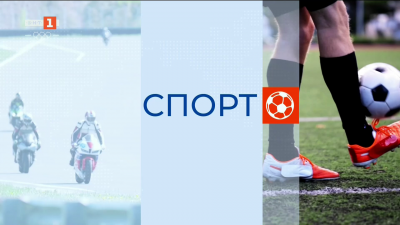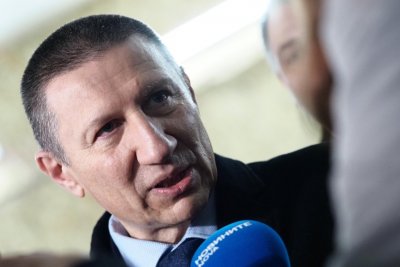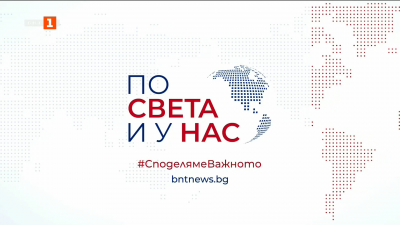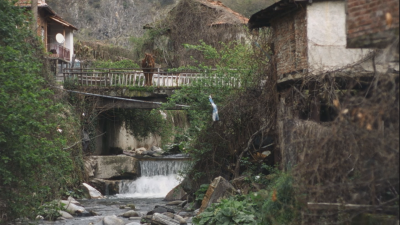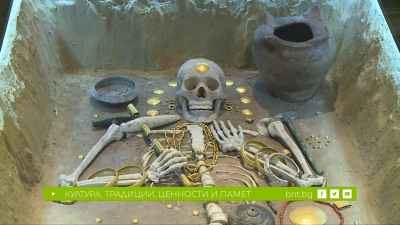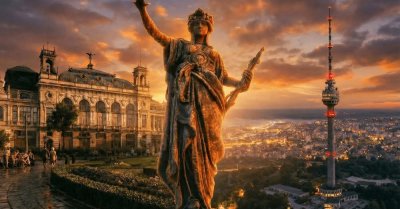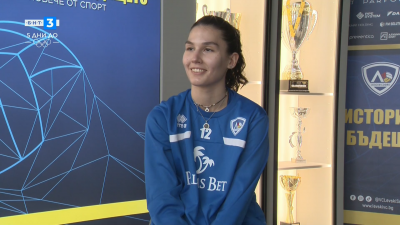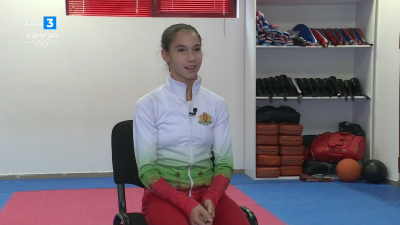Bulgaria and Moldova signed agreements on access to the Bulgarian gas transmission network
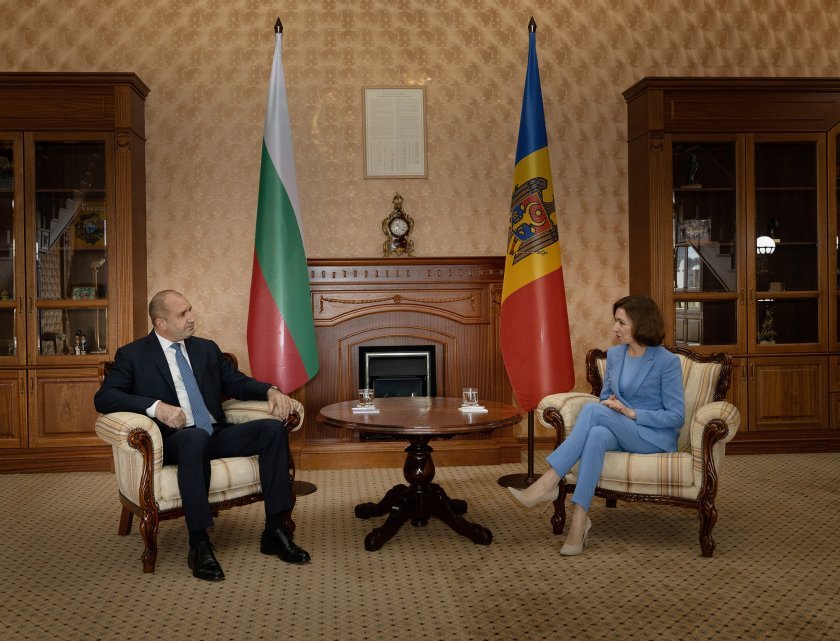
Bulgaria and Moldova signed energy agreements for access to the Bulgarian gas transmission network in the framework of President Rumen Radev's official visit on October 27.
The Head of State arrived in Moldova, where he will also attend the initiatives on the occasion of the Day of the Bessarabian Bulgarians in Taraclia.
To help the region overcome the consequences of the war in Ukraine in energy and economic terms, the agreement makes it possible to supply natural gas, including liquefied natural gas, to Chisinau. Bulgaria is also ready to export electricity to the country.
The three gas transmission agreements signed by Bulgaria's Bulgartransgaz and Moldova's Energocom give Chisinau access to Bulgaria’s gas infrastructure. Thus, natural gas flows can be transited from south to north to cushion the blow to the region's economies from the war in Ukraine.
"President Sandu and I share the assessment and concern that our two countries are facing serious tests as a result of Russia's war against Ukraine. Not only for our security, but also for our economies and social systems as a result of rising inflation, disrupted energy supplies. We can only successfully counter these challenges if we stand in solidarity. The signed Gas Transmission Agreement is an important step in this direction," President Radev said.
"This war has caused great economic and social damage to the entire European continent, and Moldovan citizens feel the effects very strongly. We are in the worst energy crisis since independence. There is no doubt that energy resources are being used as a weapon to undermine the foundations of our country and our young democracy. I welcome the signing of the agreement for access and transit of natural gas through the Bulgartransgaz gas transmission system. With this we will be able to diversify our natural gas sources," President Maia Sandu said.
Bulgaria in practice provides the capacity to transport up to 15 bcm and 3 more with its connection to Greece, President Radev explained.
"Now, through the reversal possibilities that are there, we can supply gas from south to north through Turkey, Greece, Bulgaria, Romania, to Moldova. We also have a separate gas interconnection between Bulgaria and Romania. So here, by signing this agreement, we are reaching out to Moldova in difficult times," Radev said.
In addition to gas, Sofia can also export electricity to Moldova.
"Bulgaria is the third net exporter of electricity in Europe. About 2,000 megawatts every day. Bulgaria, as a responsible neighbour and EU member activates the EU macro financial assistance mechanism. Yesterday, the President of the European Commission announced that the Republic of North Macedonia will receive 80 million euros for electricity supply under this mechanism. We are ready to provide it. We discussed with Sandu the possibilities to activate this mechanism for Moldova as well and we are ready to join," President Radev said.
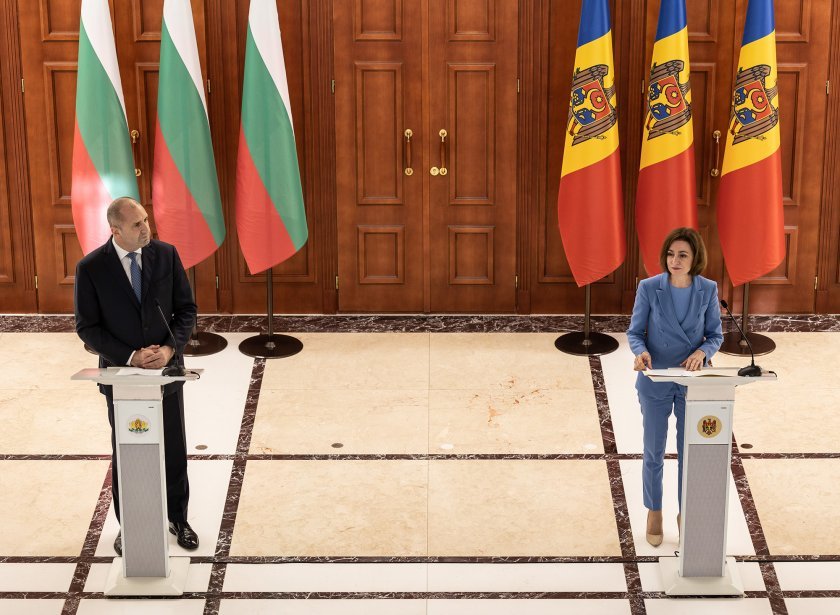
The presidents also discussed the status of Taraclia State University and ways to improve conditions for the Bessarabian Bulgarians.
"We highly appreciate the support and conditions created by President Sandu personally as Minister of Education to increase Bulgarian language classes in schools. To preserve the national, cultural and linguistic identity of this community. I am hopeful from our discussions today that we will continue to work hard and find a workable, sustainable and satisfactory solution for all parties for Taraclia State University as the cultural, educational and spiritual centre of the Bulgarian community. As an important element for deepening the friendship between our countries and peoples," Radev said.
"We want to deepen our cooperation with Bulgaria in the field of education and culture, and I am convinced that we can realise it, including through a greater participation of ethnic Bulgarians in the public life of Moldova. We have good results in the training of personnel in education. Every year, Bulgarian specialists in Bulgarian philology, music and culture are delegated to educational institutions in Moldova," Sandu said.
Earlier in the year, the university could have lost its academic autonomy, but this was prevented by the efforts of the Bulgarian state as well. More than 50, 000 Bessarabian Bulgarians live in Moldova.
Images by BGNES
Get the latest news wherever you are!
Follow us on
Facebook
and
Instagram
Follow BNT’s YouTube channel
You can now also watch us on
TikTok
Find us on
Google News







